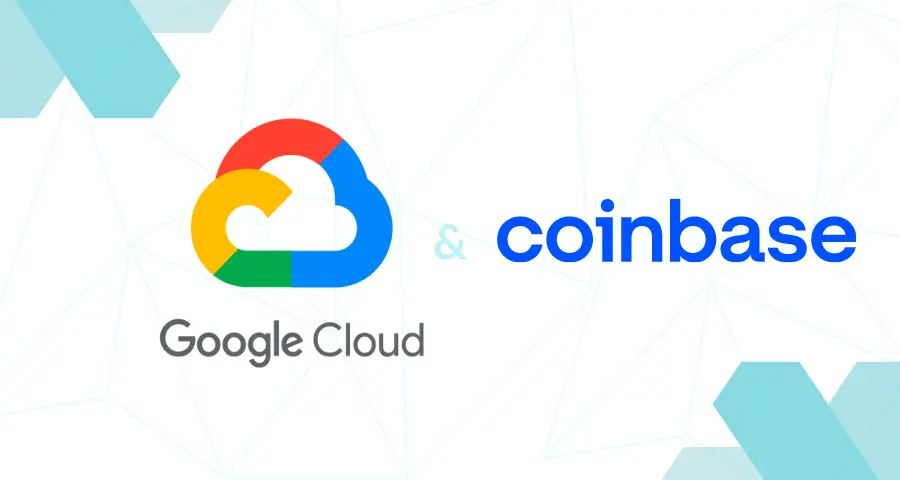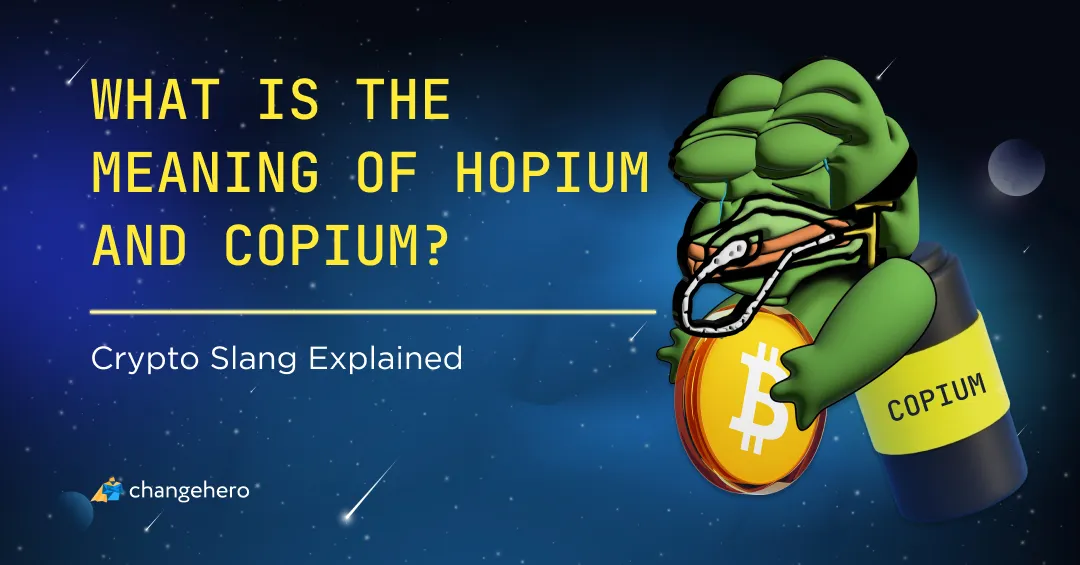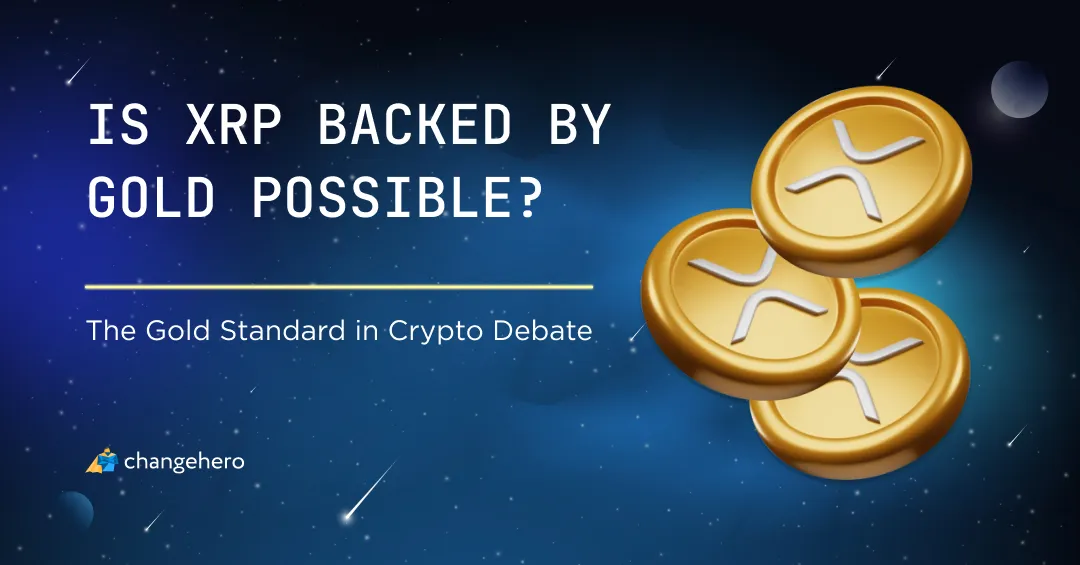On October 11, Google, one of the largest tech companies in the world, broke the news as it finally makes some moves in the Web3 space by actually allowing crypto payments on Google Cloud. ChangeHero is here to break down the details and why this is a big deal.
Key takeaways
- Only four years ago Google banned all crypto-related ads, and now it partners with Coinbase to “drive Web3 innovation” by allowing crypto payments, involving BTC, ETH, meme community tokens, and more;
- According to the partnership terms, Coinbase is leaving Amazon cloud services for Google Cloud to back up some of Coinbase’s services;
- Will Google become a role model for other largest corporations and encourage crypto adoption?
What happened
Google announced it will accept a select number of cryptocurrencies for its cloud solutions through the Coinbase Commerce platform starting in 2023. The selection of currencies is initially limited to 10 items supported by the Coinbase Commerce platform: USDT, BTC, APE, DOGE, and SHIB being among them.

The partnership promises to be mutually beneficial, as Coinbase moves some of its services from Amazon Web Services (AWS), giving Google a competitive advantage over other cloud service providers. Furthermore, Coinbase — one of the Top3 crypto exchanges — gets an additional revenue stream for its payment infrastructure by getting a share of transaction fees.
Why it matters
Crypto is a far more effective transaction medium than credit cards, cash, and checks due to smaller fees and faster payment processing. Provided that Google may start supporting faster and cheaper blockchains for payments, Visa, MasterCard, and AmEx may get eliminated from the equation, making Decentralized Finance run the show.
As larger corporations and financial institutions dip their toes into the crypto space, blockchain gets more recognition among the non-crypto-related audience. More corporate partnerships for companies making the blockchain easier and building the infrastructure for companies and consumers like Coinbase may help accelerate Mass Adoption. Will giants like Google entering the space make people take crypto more seriously? Time will tell.
Reaction on Twitter
I created Litecoin in 2011 when I was working at Google. At the time, Google wasn't interested in doing anything with Bitcoin, so I left in 2013 to join Coinbase. 9 years later, they are finally jumping into crypto with Coinbase and accepting Litecoin. The circle is now complete! https://t.co/JNL37OUJ7P
— Charlie Lee Ⓜ️🕸️ (@SatoshiLite) October 12, 2022
Charlie Lee, a former Director of Engineering at Coinbase and a creator of Litecoin, illustrates the unstoppable development pace of blockchain technology by his own example.
Not breaking, but as expected. Sooner or later...
— CZ 🔶 Binance (@cz_binance) October 11, 2022
Changpeng Zhao of Binance also notes that Google follows quite a predictable pattern.
Google, one of the biggest computing companies in existence, decided to integrate a trusted third party rather than building the infrastructure to directly accept crypto payments themselves. pic.twitter.com/nu9nYU6wGX
— Jameson Lopp (@lopp) October 12, 2022
A pinch of skepticism from Jameson Lopp — the news may be better for Coinbase than crypto at large, after all.
Buy #Bitcoin before Google does...
— Crypto Rover (@rovercrc) October 12, 2022
CryptoRover is reflecting on Google’s genuine goal.
If you’re willing to follow CryptoRover’s advice, check out our handy guide on how to buy Bitcoin and other currencies using a debit or credit card.
How prices react
News like that is able to move the market. In this case, it became a catalyst for the growth of Coinbase shares (NASDAQ: COIN) prices by more than 5% since the announcement came out. Bitcoin analyst CryptoRover predicts Bitcoin may be a cryptocurrency to buy as it can increase in value next week seeing to the bullish news. Yet, however big the news this headline makes, it will hardly end the bear market on its own.
What’s next
Google clearly intends to strengthen the partnership, specifically, trusting Coinbase with custodial services for its crypto holdings. What perspectives are we left with? Will Google be running its own blockchain nodes? Will it expand crypto payments to other services? Does Google see the long-term value of holding crypto on its balance?
Visit our Twitter, Facebook, Reddit, and Telegram to share your thoughts. Follow our blog for more news on the crypto market and blockchain tech.
Frequently asked questions
Does Google support blockchain?
Google partnered with Coinbase to contribute to Web3 and blockchain development despite its previously negative policy towards crypto. Google will allegedly continue adopting crypto services for its products.
Is Google accepting cryptocurrency?
Starting the next year, Google will allow a select number of customers to pay for cloud services using crypto.
Does Google accept Dogecoin?
Google will accept payments in Dogecoin among other currencies in 2023. So far, it’s planning to allow Bitcoin, Ethereum, Litecoin, USDT, USDC, DOGE, SHIB, ApeCoin, DAI, and Bitcoin Cash payments.








